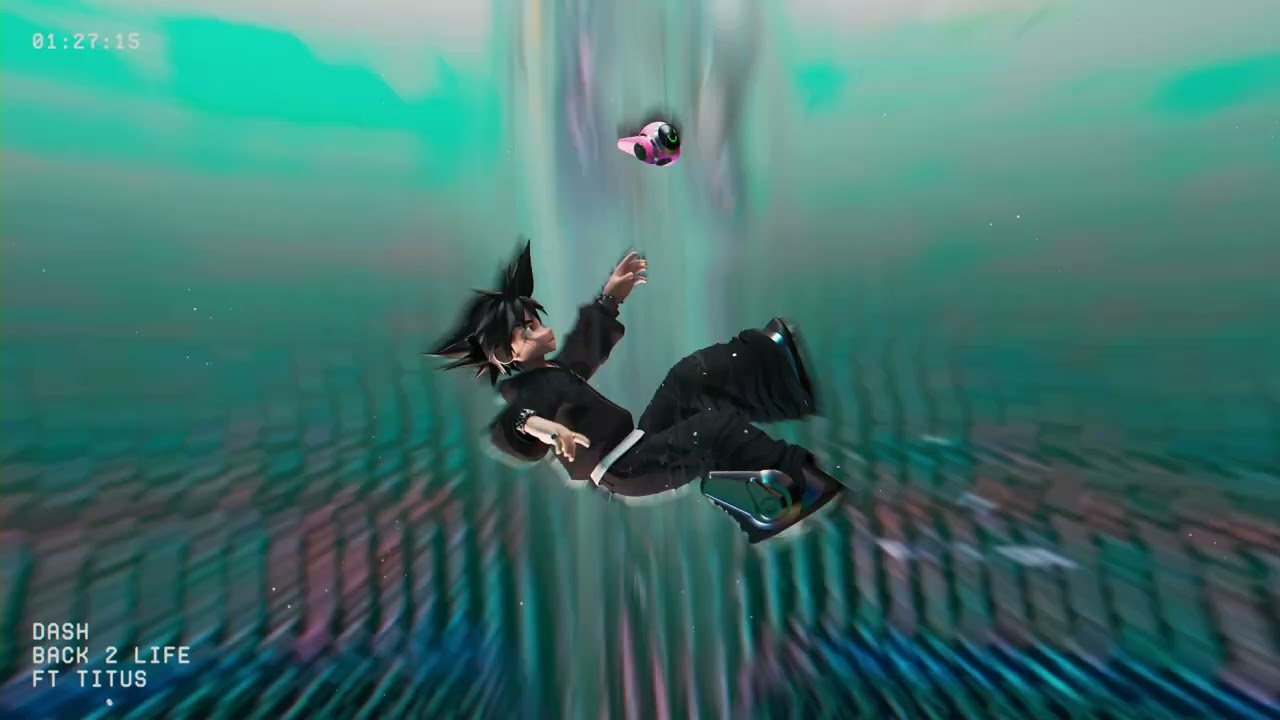WARNING: The following contains minor spoilers for The Legends of Vox Machina, now streaming on Amazon.
The Legend of Vox Machina, inspired by the Critical Role livestream of a Dungeons & Dragons campaign, proves just how effectively the balance of a game can inspire a story. In many assemblies of super-powered characters, TV shows and movies often struggle to make the full cast equal contributors to the plot, but the adventuring party of Vox Machina breaks past that boundary.
When The Avengers first came out, there was much mockery of Black Widow firing her pistols at aliens while Thor summoned lightning to down massive enemies, and Justice League infamously ended with Superman's arrival, making almost the entirety of his team redundant. But The Legend of Vox Machina maintains its balance from start to finish, allowing every character to shine.
In the context of a game, balance is an important element that ensures all the players present have fun. It's considerably less fun for one player to feel like they barely contribute to a victory than it is for everyone present to work in tandem like a cohesive unit. The balance in Dungeons & Dragons reflects that by giving different characters different strengths that allow each of them their moment to shine, and that balance bleeds through into The Legend of Vox Machina to show how much it benefits an overall story.
While Grog might be physically the strongest member of Vox Machina, the muscle-headed barbarian's ax seldom proves useful when his opponents are beyond his reach or when they're magically empowered so that he can't harm him. That is where Vex or Vax can step in with a thrown knife or a fired arrow, or where Keyleth or Scanlan's mystical intervention can make all the difference. The party struggles to cohere early on, often getting in one another's way or leaving their allies vulnerable to attack, but the more the first season progressed, the greater their cooperation boosted their efforts.
When faced with shadowy demons who proved unaffected by mundane weaponry, for instance, Keyleth released a sunlight spell that removed the shade's mystical defenses so that the rest of her teammates could easily tear apart the former threat. The same trick even proves handy in the final fight when faced against the vampiric Lord Sylas, with the added cooperation that Pike and Scanl's spellcraft held of Delilah's mystical intervention. While providing both engaging action and satisfactory character space for each member of Vox Machina, the cooperation also speaks to the underlying themes of togetherness and brotherhood infused throughout the show.
Such progression is not necessarily a unique idea for a team-based adventure. In both Avengers and Justice League, the failure to cooperate early on provides initial struggles later overcome by each unit learning to work as a team. However, those moments are undermined when individual members prove so much more overwhelmingly powerful than others. While Black Widow may have been the one to get ahold of Loki's scepter or the Flash's super speed was necessary for the climax of Justice League, their roles end up feeling contrived after the fact to justify their placement on the team rather than an organic extension of their equal standing.
Keyleth is perhaps the member of Vox Machina most prone to moments of jaw-droppingly powerful spellcraft, as the druid always summons sunlight or vegetative protection right in the nick of time, but each of her colleagues proves so much more remarkably capable in all the action that takes place between those moments that it bears little similarity to Thor crash-landing in to take out a legion of aliens or Superman taking down Steppenwolf on his own.
Just as Vox Machina learned valuable lessons from the game that provided its foundations, other TV shows and movies would do well to learn from Vox Machina. Mixes of personalities that provide a different fan favorite for every viewer is always the fun of any ensemble cast, and it's fun that would be perfectly at home in almost any adventuring team.
About The Author

